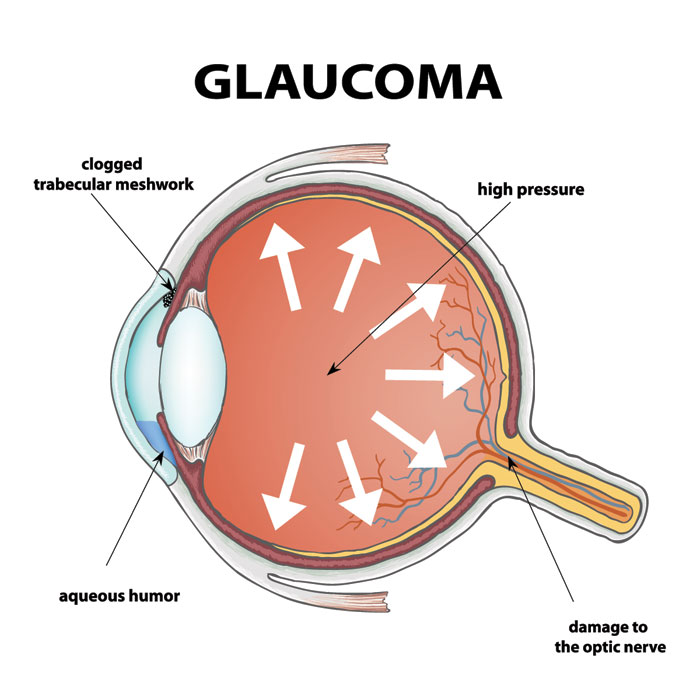Nutritional Supplements for Glaucoma: A Comprehensive Guide
Introduction
Nutrition plays a critical role in supporting overall eye health, including managing conditions like glaucoma. While medical treatments remain the primary approach, adding certain nutrients and supplements to your diet can help protect the optic nerve and slow disease progression. This guide explores essential vitamins, minerals, and dietary supplements that may benefit people living with glaucoma.
The Link Between Nutrition and Glaucoma
A balanced diet supports not only general health but also the delicate structures of the eye. Specific nutrients can help improve blood flow to the optic nerve and reduce oxidative stress and inflammation—two key factors that contribute to glaucoma-related damage.
Essential Vitamins for Glaucoma Management
Vitamin A
Crucial for healthy vision, Vitamin A protects the eye’s surface and supports optimal function. Good sources include carrots, spinach, and kale.
Vitamin B Complex
B vitamins—particularly B1 (thiamine), B3 (niacin), B6, and B12—are linked to lower glaucoma risk. Whole grains, eggs, meat, and dairy are excellent sources.
Vitamin C
As a powerful antioxidant, Vitamin C helps reduce intraocular pressure and oxidative stress. Oranges, bell peppers, and strawberries are rich in this nutrient.
Vitamin E
Known for its protective antioxidant properties, Vitamin E reduces damage from harmful molecules. Nuts, seeds, and leafy greens are great sources.
Other Key Nutritional Supplements for Eye Health
Magnesium
Supports blood flow and nerve health. Found in almonds, whole grains, and black beans.
Berberine
A natural compound with antioxidant and anti-inflammatory properties, often available in supplement form.
Pyruvate
May aid visual function in glaucoma patients when used alongside medical treatment.
Additional Beneficial Nutrients
-
Omega-3 Fatty Acids: Promote eye health and circulation.
-
Lutein and Zeaxanthin: Protect against oxidative stress and support retinal health.
How These Nutrients Help
Each of these vitamins and supplements works to protect eye health by:
-
Reducing inflammation
-
Improving blood circulation
-
Combating oxidative stress that damages optic nerve cells
What Research Says
Several studies indicate that a diet rich in antioxidants, vitamins, and essential minerals can help slow the progression of glaucoma. While supplements alone cannot cure the condition, they can complement medical treatments for better outcomes.
Risks and Safety Considerations
Before starting any supplement regimen, consult your eye care professional. Certain supplements can interact with medications or cause side effects when taken in high doses. Always follow recommended guidelines for safe usage.
Conclusion
Diet and nutritional supplements play an important role in managing glaucoma alongside traditional treatments. Incorporating vitamins and minerals that support optic nerve health can make a significant difference, but they should never replace prescribed medications or regular eye exams. A combined approach offers the best protection for long-term vision.




